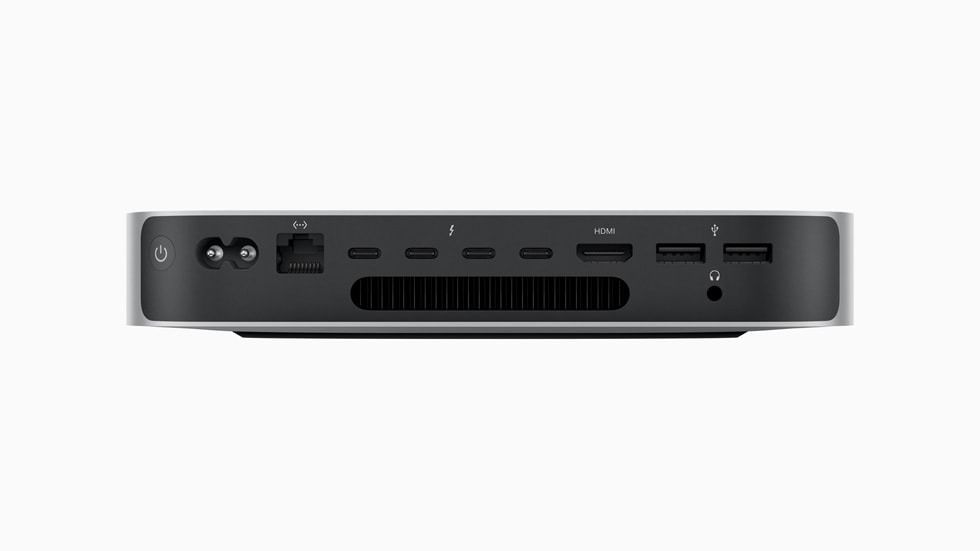
How can businesses keep call center agents satisfied working remotely while also keeping customer data secure and safe?
Many American organizations needed to quickly shift to remote work in March 2020, when the COVID-19 pandemic began seriously impacting the United States. For call centers, this meant agents staying in their homes to take calls and address customer issues. This had many positive impacts for workers, including shorter commutes, fewer office distractions and higher productivity.
While remote work remains popular, a major challenge that persists is compliance. With call center agents handling sensitive customer information such as credit card and social security numbers, security is of the utmost importance to call centers. And it’s much easier to securely manage sensitive data when agents work in the same palace under the same WiFi. With many call centers now considering a hybrid workplace to retain and satisfy employees, this issue does not need to be a deal breaker. Further, compliance can be satisfied even when agents work home part-time or full-time.
Inside the Compliance Challenges of a Remote Agent
Managing compliance is easier when agents are onsite, and many challenges can arise when people work remotely. For example, one major compliance challenge comes with tech issues, including unreliable internet connection and other standard mishaps that require IT’s assistance. According to a recent survey from cybersecurity company Tenable, most (71%) security leaders lack high or complete visibility into remote employee home networks, even as over half of remote workers access customer data using a personal device. This exposes many vulnerabilities, since 67% percent of business-impacting cyber attacks target remote employees.
To exist in this new world of work, call centers must develop new policies and standards that guide the creation of remote workers’ environments. Ensuring that employees have reliable, secure WiFi is a good policy addition. Also, having the policies in place to maintain security through all forms of communications — from email to messaging to voice calls — helps protect sensitive and personal customer information.
Assuaging Customers’ Privacy Concerns
When data breaches expose customer information to outside parties, they also expose call centers to reputational and financial damage. While this has always been a threat to call centers, remote working only makes it more likely – particularly as most agents (72%) who collect credit/debit card information or social security numbers over the phone require the customer to read the number aloud. Receiving personal, sensitive information over the phone can lead to many regulatory risks if a remote agent’s work-from-home setup is not secure.
According to a PwC survey, 87% of consumers are willing to walk away and do business with a competitor if a data breach occurs. Avoiding this scenario will ultimately help both customers and the call center have a better experience.
How to Manage Compliance Remotely
Since the future of work will be at least partially remote, call centers that want to stay relevant need to address the various challenges listed above. The right technology is a key place to start. Just as the lack of proper technology can endanger sensitive data and ruin a company’s reputation, the right technology can enable productivity, keep employees motivated and make customers feel safe. This starts with properly securing employees’ devices when they begin working from home. It’s also important to educate employees on practices such as locking their computer when they leave the room, which can help prevent some cases of theft.
Employees should also know to never use public WiFi, which can make it more likely that cybercriminals find access to sensitive customer information like phone numbers, ID numbers and financial information. Finally, because using a personal device to handle sensitive interactions can be a security threat, employees should have access to a work device that follows proper security protocols.
Certain types of technology can help call centers manage information and agents effectively. For example, Interactions’ tool Trustera addresses these concerns by redacting sensitive customer information in real time, ensuring that customers feel more safe.
Start Investing in Better Compliance Technology Now
The compliance issues involved in the work-from-anywhere-environment don’t have to stop call centers from embracing the future of work. Technology like Trustera can help agents create a seamless conversation with customers, without interruptions. When a customer is informed that their personal information will be redacted, that’s one less stresser on their mind and they’ll feel more confident about their overall experience. Technology like this combined with other security best practices will create the strongest foundation for call centers moving forward.
Learn more about Interaction’s compliance solution Trustera here.







